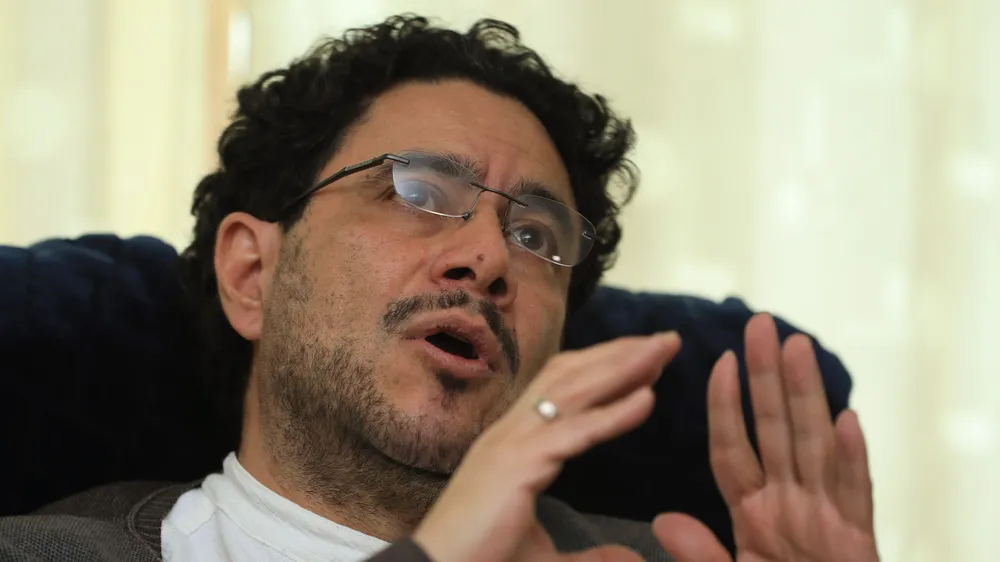In Colombia, a country long scarred by political violence, the children of assassinated political leaders are carrying a heavy burden. Not only have they lost their parents to brutal killings, but they also face ongoing attempts to erase their parents' legacies from public memory. Now, many of these children are stepping forward, determined to continue the missions their parents died for, even as they confront the dangers of entering the political arena themselves.
“For many in Colombia, killing someone is not enough — they are killed again in memory, through lies, silence, and defamation,” said one young activist whose father, a prominent community leader, was assassinated years ago. This chilling dynamic reflects a broader culture of intimidation and violence that has plagued Colombian politics for decades.
In recent years, several children of slain leaders have begun to enter politics, social activism, or human rights work, determined to honor their parents' visions for a more just society. Their paths are fraught with risk. Colombia remains one of the most dangerous countries in the world for political activists, particularly those who advocate for land reform, indigenous rights, or peace processes.
The legacy of Colombia’s long conflict — involving government forces, guerrilla groups, paramilitaries, and drug cartels — continues to fuel threats against those who speak out. For many of these families, the violence did not end with the assassinations; threats, harassment, and smear campaigns persist, aiming to discourage their public participation.
“We know the risks, but silence would be a bigger betrayal to my father’s memory,” said another daughter of a murdered politician. “If we don’t continue this fight, who will?”
The international community has increasingly called on the Colombian government to provide better protection for activists and political candidates, particularly those carrying the legacy of slain leaders. Yet, the pace of reform has been slow, and the threats remain real.
Despite the dangers, these children of Colombia’s murdered leaders continue to stand up, not only to defend their parents' honor but also to challenge the culture of fear that has long shaped the country’s political landscape. Their struggle serves as both a painful reminder of the cost of political violence and a powerful testament to resilience in the face of ongoing danger.
